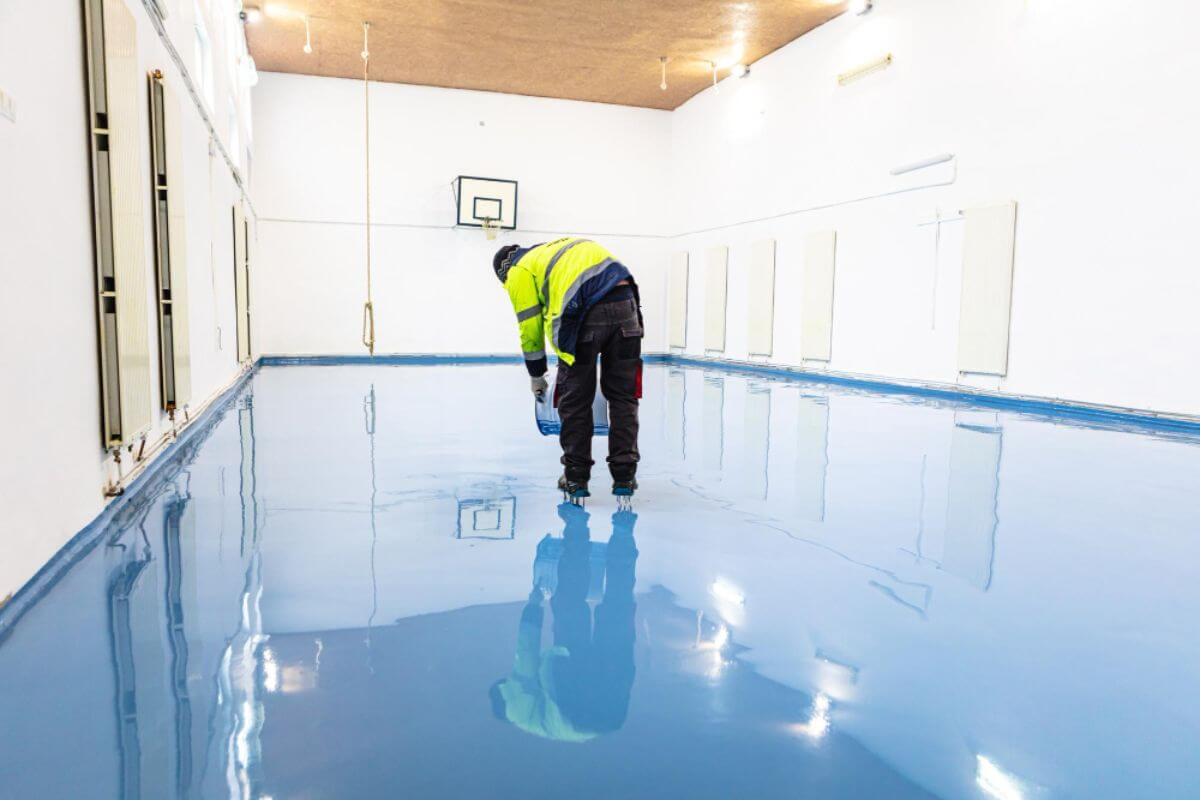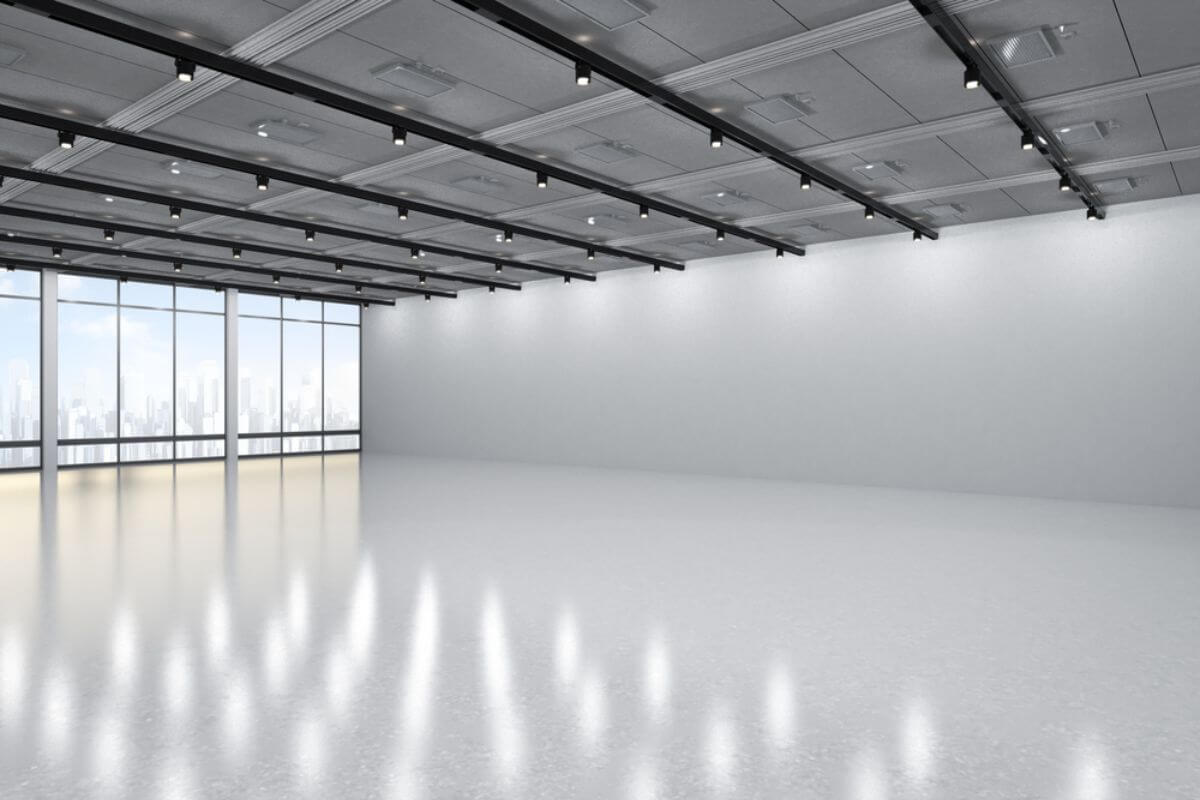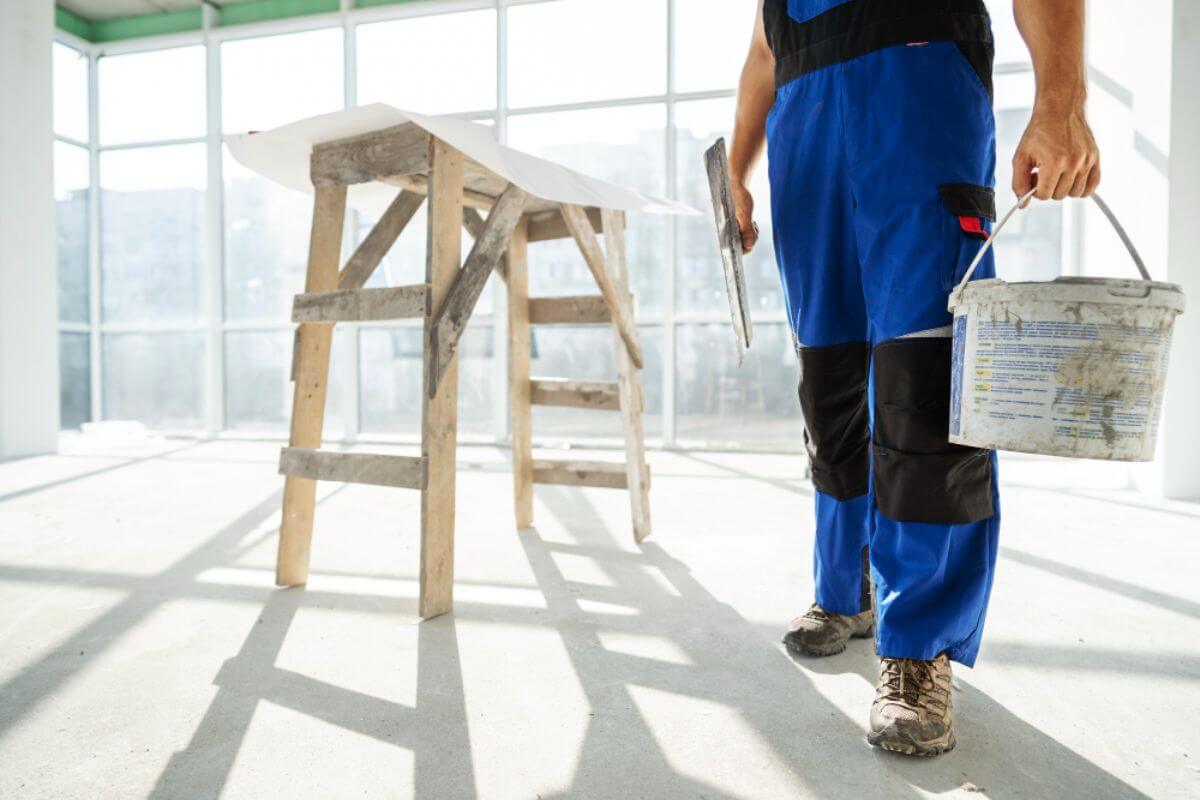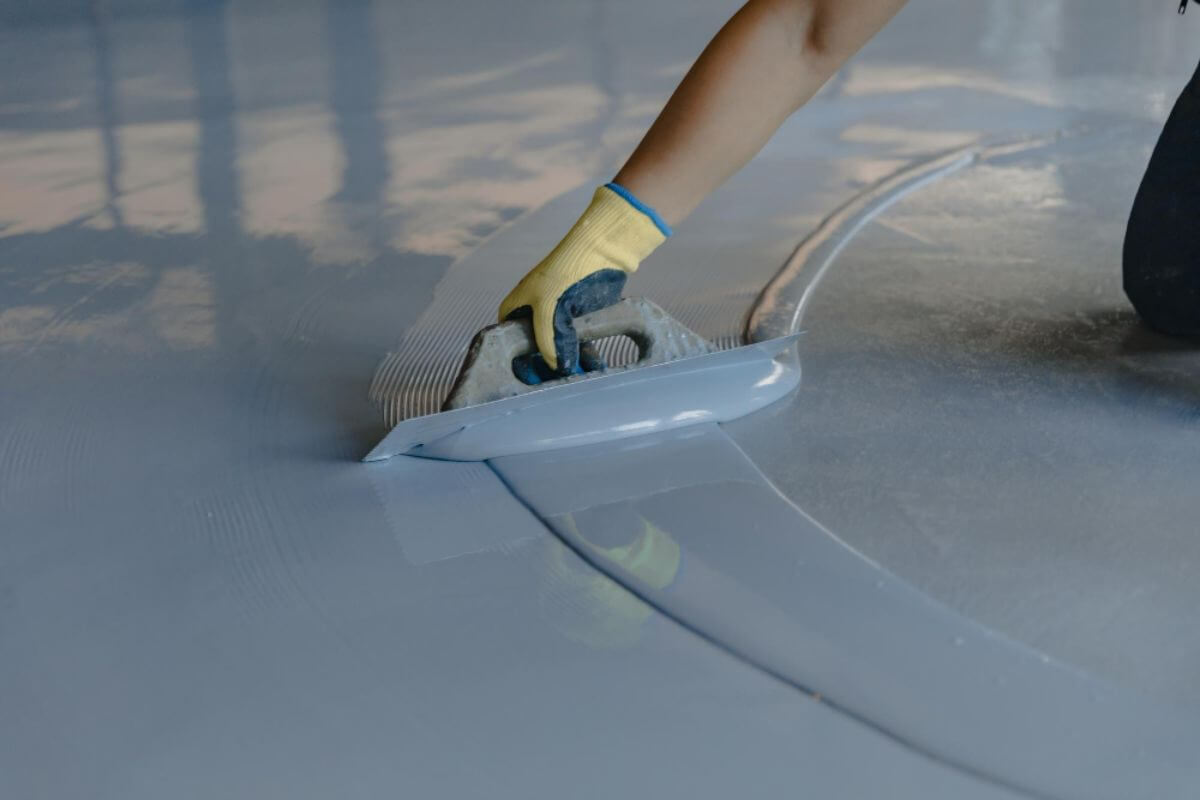Waterproof vs Water Resistant Floor: What’s the Difference?

What is the difference between waterproof and water-resistant flooring?
- Lower initial costs for water-resistant flooring
- More durability with waterproof floors
- Versatile uses for both kinds of flooring
When it comes to flooring installation, many industries always debate installing waterproof vs water-resistant flooring. But, what is the difference between the two?
These two kinds of floorings have the ability of a material to prevent or repel water. Waterproof flooring does not allow water to penetrate the flooring. On the other hand, water-resistant floors protect the flooring substrate from being infiltrated by water.
It’s essential to have either kind of flooring since water can do different kinds of damage to all kinds of following. Keep reading to learn more!
Lower initial costs for water-resistant flooring
Water-resistant flooring costs less compared with the initial cost of waterproof flooring. It is also much easier to install especially if it’s to be used in a residential home. However, the higher cost of waterproof flooring is justified by its numerous benefits.
The cost of waterproof flooring can easily be justified depending on where it is installed. If it is used in the food service industry or car parks, it can be advantageous. Waterproof flooring prevents water from being absorbed into the flooring, preventing damage in the long run.
More durability with waterproof floors

Waterproof floors prevent moisture from the air from infiltrating the flooring. This means that water can sit atop it forever without seeping in and causing damage to the flooring.
Flooring Solutions Epoxy Flooring is a durable waterproof option for various industries. This flooring is composed of epoxy resin that hardens into a plastic and synthetic compound. Because of this, water can’t enter or pass through the barrier created by the epoxy resin.
However, if water-resistant flooring is installed in your home or commercial space, extra caution needs to be taken. This type of flooring was only made to handle spills. There is only a certain amount of time that the water can sit atop water-resistant flooring before it sinks in and causes damage. However, once mopped up, the threat of it entering the flooring is stopped.
Versatile uses for both kinds of flooring
Both waterproof and water-resistant flooring are versatile solutions when it comes to what settings they can be applied to.
There are various types of industries that make use of waterproof flooring. It can be used in aircraft hangers, automotive facilities, restaurants, and factories. These industries require flooring with high hygienic and quality standards that epoxy flooring can provide.
On the other hand, water-resistant flooring is more popular for residential homes. It can be used as a cheaper alternative to hardwood floors since it gives a similar look when installed properly. It is also available in many textures and designs.
Key Takeaway
When deciding between waterproof vs water-resistant flooring, it’s important to do your research. You’ll need to consider where the flooring will be installed and how it will be used to give you a better idea of the solution you need.
If you’re interested in epoxy flooring, you can contact us here at Flooring Solutions! We offer various kinds of flooring solutions. As an expert in the industry, we can help you choose the right products and service best for your upcoming project.





